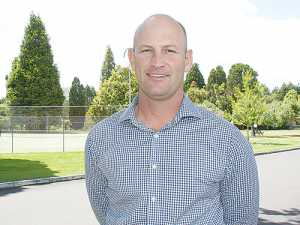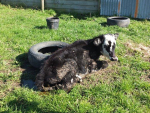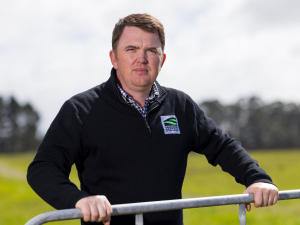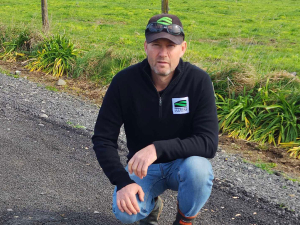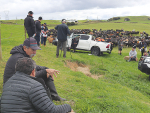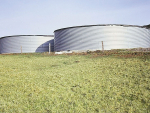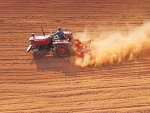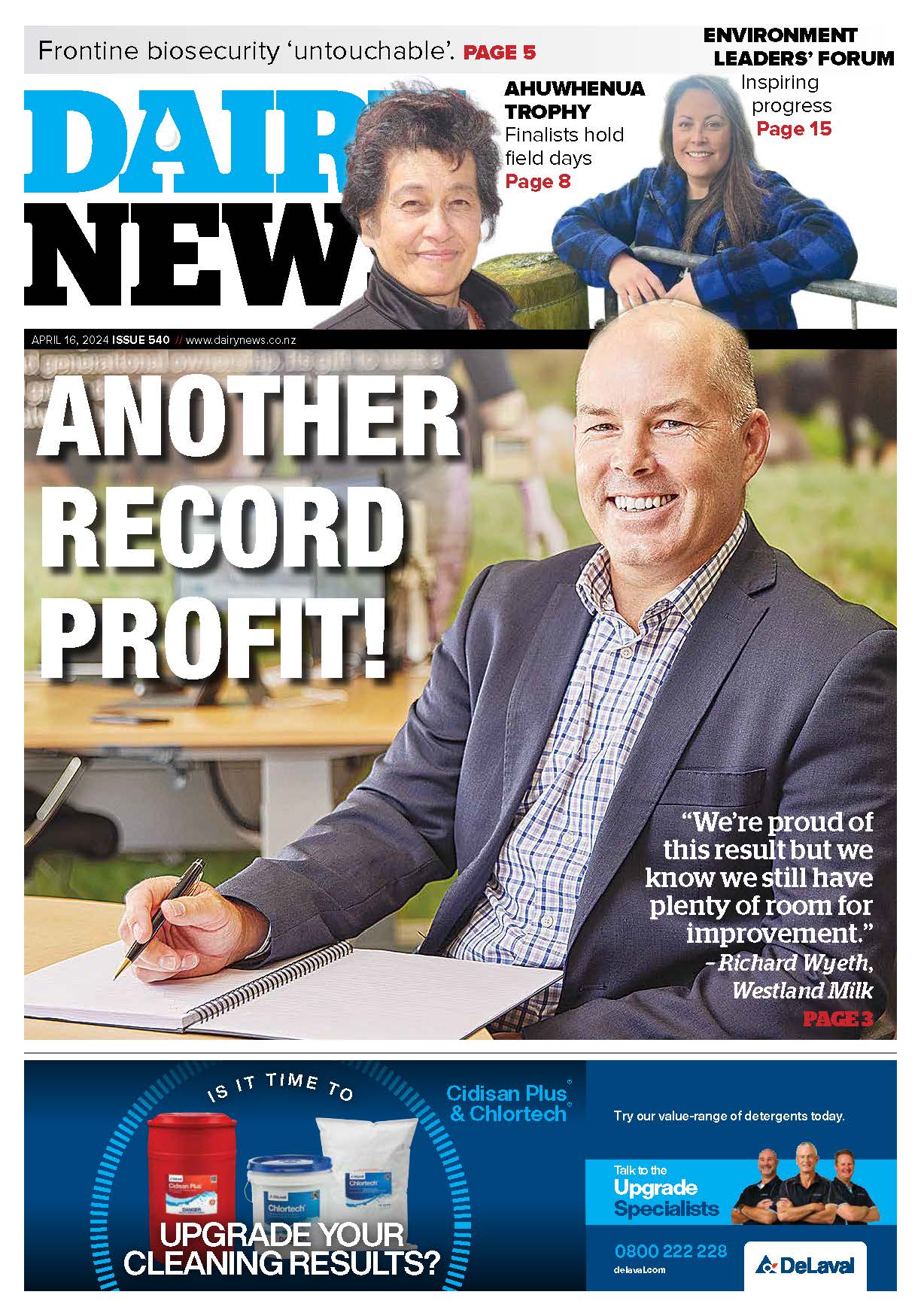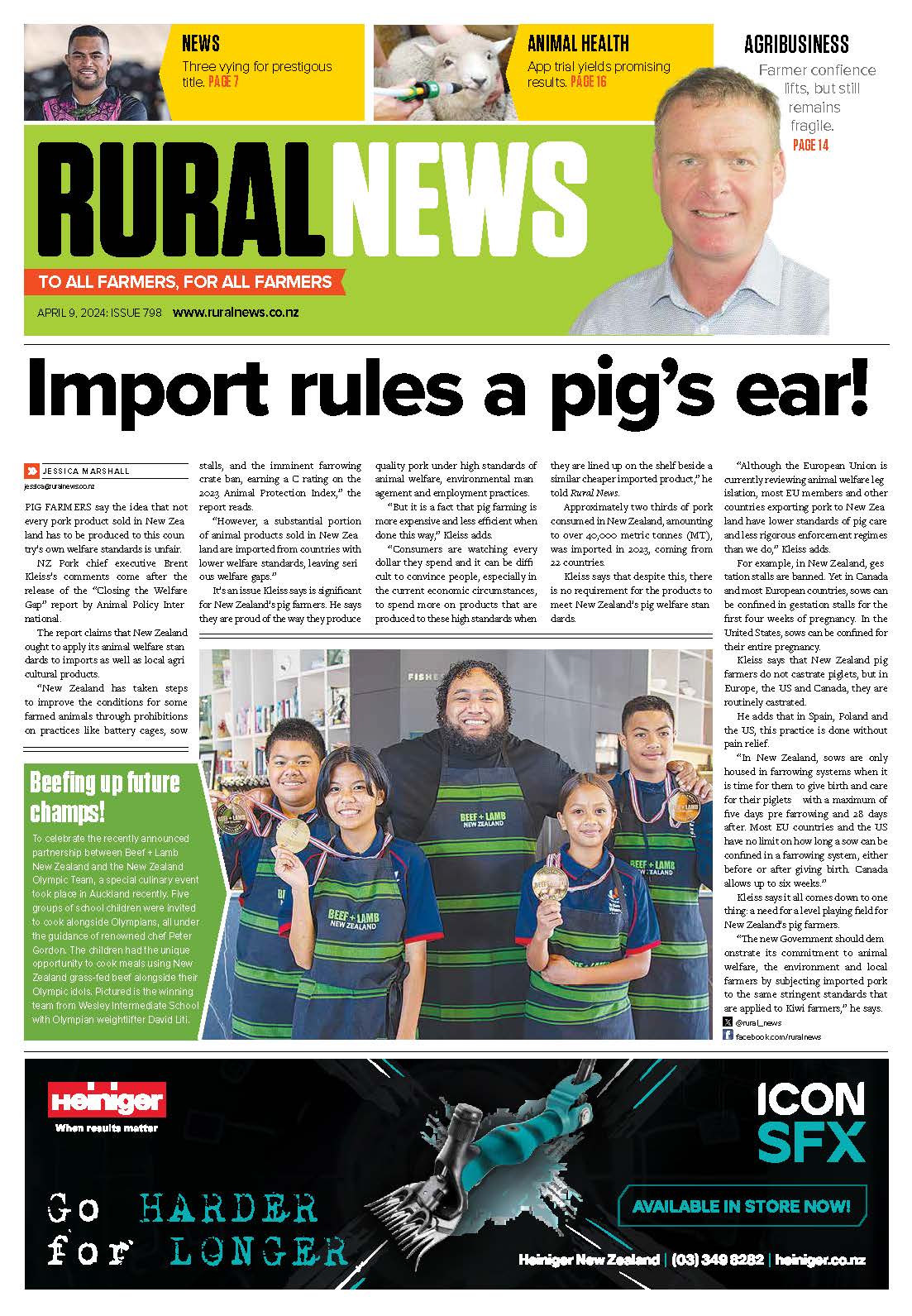But are these changes going to be a benefit or a negative? That depends on how they are legislated and then interpreted.
My fear is that many of these sustainability factors conflict with each other, and without proper guidance and integration of the rules into farm systems the outcome will be hamstrung farmers with a less vigorous industry. This will likely happen when people with agendas are brought into the decisionmaking process; they may be companies with advertising and marketing in mind, special interest groups or even simple misguided public perception.
So here is one scenario that could be called a nightmare. Due to leaching of nitrogen and other elements into rivers the amount of effluent (urine) spread on farms must be reduced or at least controlled. But under a grandfather (sunset) clause it would mean that a young farmer or new conversion is unfairly penalised and an existing business can continue to pollute.
One way around this for the young farmer would be to use off-pasture management of their animals – a practice common in every other country – where they could collect the effluent and use it effectively. This off-pasture management may be highly technical, using barns with free-stalls or compost bedding or simply collecting effluent via slatted floors or a bunded feed pad.
This young farmer will almost certainly be increasing the productivity of the cows. In general this means the cows will be eating more and he will be feeding purchased concentrates as a part of a well-balanced diet. Let’s hope he does not trigger the FEI index in his milk; this is hard to formulate around for nutritionists because there are no scientific guidelines published for FEI.
Also, if methane taxation in the future is not handled correctly this young farmer will be handicapped further by the fact that his cows eat more and so produce more methane, regardless of the fact that they produce more milk.
The one last hurdle for the already-struggling young farmer is that MPI has recently flagged changes to rules on the management of dairy cattle ‘under a roof’.
But perhaps even more concerning is that this style of farming our young farmer is embarking on – in his attempt to be more sustainable – is not considered farming in the ‘New Zealand’ way, i.e. the clean green pasture-only systems that led to the mess in the first place.
This leaves one last practical option: reduce carrying capacity markedly and rely on clover for nitrogen. Which is great until the bank finds out.
So what is a farmer to do?
The reality is that a dairy cow producing the NZ average quantity of milk solids (or worse) on a grass-only diet driven by urea with a high stocking rate is the cause of leaching nutrients into waterways, a high level of methane production per unit of MS and is likely to trigger FEI levels in milk when PKE is used during droughts or floods.
On the other hand, the adoption of efficient housing systems that use recycled effluent as the fertiliser nutrient source, maintain cow welfare, eliminate nutrient pollution and optimise milk production per unit of methane are frowned on and will perhaps be subject to further legislation.
Believe it or not the future is bright for NZ dairy. The integration of systems that allow for the control of nutrients, efficient production of MS per unit of feed and methane production, optimum welfare and high levels of productivity to keep the factories full are all quite possible.
It all depends on healthy fertile cows, a healthy environment and government legislation that is clear, logical and cooperative.





